As a solo founder launching a start-up, you have to be a jack of all trades in those early scrappy days. HR likely falls to the bottom of your priority list.
But even basic HR practices will help you build a motivated, high-performing team. Here is a step-by-step guide to DIY startup HR until you can invest in more support.
Recruiting 101
Cast a wide net to source strong candidates when hiring:
- Leverage your personal and professional networks. Word-of-mouth hiring through referrals is powerful.
- Post on niche job boards like Escape The City that target talent seeking start-up roles.
- Promote openings through your startup’s social media and online communities.
- Tap into university alumni networks to uncover recent graduate talent.
- Be strategic with job ads. Highlight your mission, culture and values to attract purpose-driven applicants.
As you scale, consider engaging a recruiter to handle high-volume sourcing and screening. But you can manage most early hiring yourself through creative, hands-on networking.
Screen Applicants Thoughtfully
Create a basic but consistent screening process for applications:
- Require a CV and cover letter to gauge written communication abilities from the start.
- Design a simple scorecard to rate applicants’ skills/experience, cultural fit, values alignment and other criteria important to your startup.
- Phone or video screen all applicants before formal interviews. Use a standard set of pre-screening questions to filter unqualified candidates quickly.
- For key roles, conduct skills assessments like writing samples, case studies or presentations to evaluate capabilities beyond just credentials.
Taking time upfront to thoughtfully screen applicants helps ensure you select the strongest fits as you build your small team.
Interview Purposefully
Conduct intentional, strategic interviews that fully assess candidates’ potential:
- Spend time designing interview questions that specifically evaluate abilities needed for the role like problem-solving, communication, leadership, etc.
- Ask questions that reveal cultural fit with your values. Assess coachability, growth mindset and collaboration skills.
- Incorporate at least one behavioural interview question probing how candidates handled specific work situations, conflicts, failures, etc.
- Standardise a consistent set of core questions but leave room for custom questions based on each candidate’s unique background.
- Allocate sufficient time so interviews don’t feel rushed. Plan at least 45 minutes to an hour.
Follow your instincts during interviews. Subtle cues beyond just answers often indicate who will thrive or falter.
Check References Diligently
Always contact at least 2-3 references before extending an offer:
- Look beyond the candidate’s list. Reach out to managers not on their list for a fuller picture.
- Ask probing questions beyond just skills and responsibilities. Inquire about work ethic, integrity, teamwork, areas for growth, etc.
- Probe areas that gave you pause, even minor ones. Follow up on any inconsistencies between references’ feedback.
- Explain the role’s context and culture to get the reference’s insight on fit.
- Read between the lines. Lukewarm endorsements from previous managers warrant caution.
Reference checks take effort but protect you from costly bad hires as you build your startup’s foundation.
Set the Tone with Strong Onboarding
A thoughtful onboarding experience shapes new hires’ engagement and tenure from day one:
- Begin onboarding before their start date with a welcome package containing swag, training info, paperwork.
- Provide necessary equipment on day one so they can dive right into substantive work.
- Assign a peer buddy to orient them socially, have lunch together, introduce to colleagues.
- Schedule 30/60/90 day check-ins to provide feedback, answer questions, gauge satisfaction.
- Explain your culture clearly. Share stories highlighting your values in action.
- Set clear expectations and training on responsibilities, workflows, tools and projects.
Onboarding sets the tone for new hires’ experience at your company. Invest time and intention into engaging and integrating them fully.
Research Competitive Compensation
While cash-strapped initially, pay employees fairly based on market rates:
- Research typical salary ranges for the role using tools like Payscale, Glassdoor and job ads. Benchmark against startups in your locale and stage.
- Segment by years of experience so pay aligns to seniority level for the role.
- Use ranges rather than specific figures to leave room for negotiation.
- Consider non-salary benefits like generous holiday time, flextime, remote work options that attract talent on a budget.
- Be transparent about the financial realities of an early-stage startup. Candidates will understand market pay may be reached over time through growth.
Compensate competitively to start, and reward staff financially as your company scales. Employees will accept below-market pay if you’re authentic on where you’re headed.
Conduct Lightweight Performance Reviews
Frequent, casual check-ins keep small teams aligned without needing complex performance reviews:
- Agree on 2-3 core objectives for each employee’s role every quarter. Track progress casually in 1:1s.
- With individuals, set 1-2 development goals for skills growth like public speaking, influencing or product knowledge.
- Every 6 months, have a more formal discussion on accomplishments, growth areas and goals. But keep it conversational.
- Use lightweight templates covering strengths, areas for improvement, training needs and new KPIs. Avoid extensive forms and processes.
- Solicit anonymous peer feedback to incorporate beyond just your own perspective.
- Focus talks on growth and problem-solving, not criticism. Spin shortcomings into coaching opportunities.
The goal is frequent, friendly dialogue, not intimidating annual reviews. Your small team thrives on agile check-ins.
Coach Through Challenges with Empathy
When performance or conduct issues inevitably arise, address them with compassion:
- Raise problems promptly and directly, but privately. Never shame someone publicly.
- Ask curious questions to understand the employee’s perspective. There may be unseen factors.
- Be clear and specific about the unacceptable behaviour, not the person. Explain why it’s problematic.
- Outline key changes needed while inviting their input on how to overcome struggles.
- Share your confidence in their ability to improve if motivated.
- Focus talks on removing roadblocks and providing support to return to positive standing, not punishment.
- Follow ups with added training, resources and monitoring, not threats or ultimatums.
Even difficult conversations demonstrate your belief in their potential with the right help.
Support Work-Life Balance and Wellbeing
Promoting work-life balance and wellbeing builds loyalty and retention:
- Encourage staff to disconnect after hours and take allotted holiday time. Lead by example.
- Check in regularly on workload and stress levels. Adjust as needed.
- Allow flexibility for appointments, caregiving duties, etc. where possible.
- Institute mental health days on top of holiday time.
- Model openness about mental health personally. Destigmatise struggles.
- Consider wellbeing benefits like meditation apps, gym passes, therapy subsidies.
Commit to supporting employees as whole people. Trust that this fuels – not impedes – performance long term.
Motivate Through Trust and Recognition
Early-stage teams thrive on autonomy and acknowledgement:
- Provide context on company goals but give staff latitude in how they achieve them.
- Praise and validate progress publicly and privately. Recognition energizes.
- Empower staff to identify and solve issues, independently making small decisions.
- Solicit input on operations, strategy and their role. People support what they co-create.
- Thank staff for going “above and beyond” like weekend deployments or urgent deadlines. Find thoughtful gestures of appreciation.
- Check in regularly as workload ramps up. Support reasonable results at a sustainable, healthy pace.
Fulfilled employees do their best work. Enable them rather than micromanage.
Learn Basic Compliance Requirements
Get familiar with key UK employment regulations:
- Review gov.uk guidance on discrimination, national minimum wage, holiday pay, working hours, parental leave and other leave.
- Display required workplace posters clearly in the office on rights and protections.
- Use free templates for UK-aligned contracts, handbooks, HR forms.
- Check ACAS website for guidance and training on HR compliance topics. Sign up for their newsletter.
DIY basic compliance into your workflows, even if outsourcing specialist tasks like handbook creation. Protect your new business.
Establish Essential HR Policies Early
Don’t wait to create necessary HR policies:
- Institute a basic anti-harassment and discrimination policy and complaint process. Provide standard training to all employees.
- Develop a simple time-off request process. Outline holiday entitlement and procedures for sick days, appointments, emergencies, etc.
- Create social media and technology use guidelines on professionalism, security, ethics and protecting company information.
- Require confidentiality and IP agreements from all new hires during onboarding.
Clear simple policies set expectations and protect you legally as your startup grows. You can refine formal manuals later.
Protect Employee Information
Follow data protection and confidentiality best practices:
- Store physical employee files securely offsite or locked onsite. Digital personnel files should have role-based access controls.
- Collect and handle sensitive employee information only on a need-to-know basis.
- Anonymise data used for analytics and reporting wherever possible.
- Develop a data breach escalation protocol for immediately addressing any potential exposures.
Take information security seriously from the start to build trust and guard your company.
Enable Continuous Learning
Enable skill growth through flexible learning resources:
- Create accounts for employees on platforms like Coursera, edX, Udemy and LinkedIn Learning with optional subjects relevant to their development goals.
- Offer stipends or reimbursement for external classes, workshops, conferences, bootcamps and programs supporting relevant new skills.
- Bring in occasional guest speakers or trainers to share knowledge and inspiration.
- Reward employees for sharing helpful articles, books, podcasts and other learning tools with colleagues.
Ongoing learning opportunities empower your team to reach their potential.
Outsource Specialised Tasks Selectively
Consider engaging HR specialists selectively for high-risk tasks:
- Work with an employment lawyer to review employee contracts, handbooks, termination processes, etc to mitigate compliance risks.
- Let qualified benefits brokers manage choosing and administering suitable employee insurance plans.
- Partner with a payroll/HRIS platform from the start to securely automate payroll, time tracking, leaves and record-keeping.
You can cap costs by outsourcing only certain functions rather than your full HR operation.
Know When It’s Time for HR Help
As you scale beyond 10-15 employees or approach major milestones like funding rounds, consider:
- Hiring a part-time HR manager to own policies, compliance, performance management and complex employee issues while you remain hands-on.
- Engaging HR consultants to supplement in-house capabilities like recruiting, compensation benchmarking, training, audits and enhancing culture.
The DIY approach has natural limits. Trained HR help maximises fairness, mitigates risk and provides you with guidance when tough situations arise at scale.
Conclusion
Mastering every aspect of HR from the start as a solo founder isn’t feasible. Focus on building core proficiencies through free tools and education to manage essentials yourself.
But know when to bring in specialists to supplement your DIY approach. A solid HR foundation extends your runway and ensures your people practices scale successfully alongside your startup.

